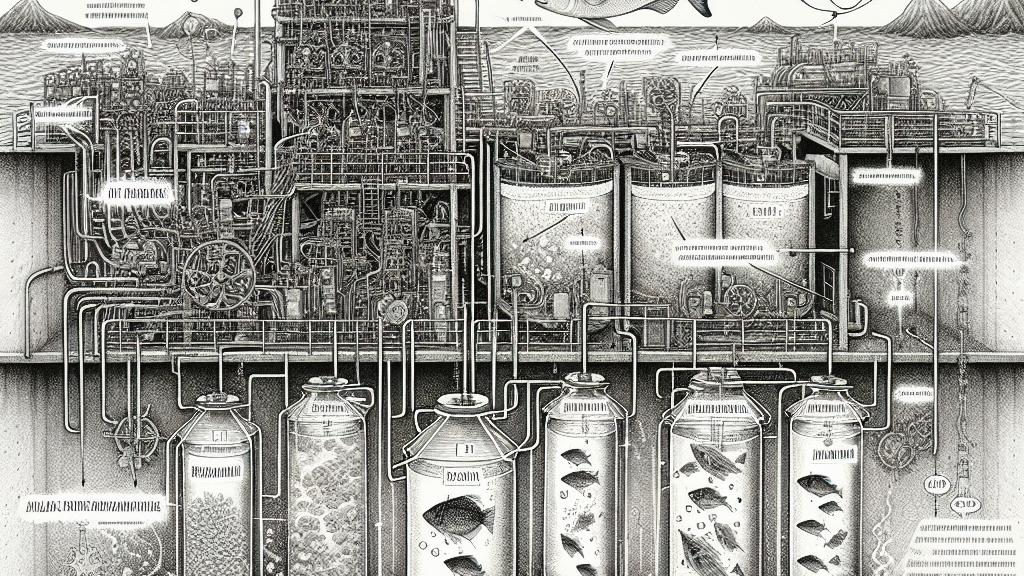Tide of Change: Fukushima's Seafood Safety Experiment Makes Waves!
Overview
- Japan's Fukushima Daiichi Nuclear Plant initiates a water discharge safety experiment for seafood.
- Marine organism rearing tests provide crucial data to enhance public confidence in food safety.
- U.S. military begins bulk purchasing of Japanese seafood to counteract China's import ban.

Safety Assurance from Fukushima's Ocean Discharge
In Japan, the Fukushima Daiichi Nuclear Power Station is at the forefront of addressing public fears over seafood safety following the 2011 nuclear disaster. Commencing in August 2023, TEPCO has undertook a significant initiative to discharge treated water into the ocean, carefully managed through the Advanced Liquid Processing System (ALPS). This system effectively removes harmful radioactive isotopes, ensuring the water meets international safety standards before being released. To bolster public confidence, the facility has established a marine organism rearing program, cultivating flounder and abalone in both ALPS-treated water and regular seawater. Live feeds from the tanks allow communities to monitor the health and growth of these seafood specimens, directly tackling fears perpetuated by harmful rumors while demonstrating a commitment to environmental transparency.
Navigating Global Concerns and Economic Implications
The global response to Fukushima's treated water discharge has been polarized, particularly from neighboring nations like China, which has imposed a ban on Japanese seafood imports due to safety concerns. In contrast, the IAEA has affirmed the discharge's safety, emphasizing negligible radiological risks. Amidst the controversy, the U.S. has seized the opportunity to bolster Japan's seafood market by initiating bulk purchases of Japanese seafood for its military operations. U.S. ambassador Rahm Emanuel has highlighted that this move not only aims to support local fishermen adversely affected by the ban but also serves as part of a larger strategy to counter China's economic influence in the region. The complexities of trade, diplomacy, and international safety standards have been thrust into the spotlight as stakeholders navigate this challenging landscape.
Future Horizons: Community Involvement and Resilience
As Japan continues with the planned discharge of ALPS-treated water, the emphasis on safety and community involvement becomes paramount in ensuring long-term recovery and sustainability. The ongoing monitoring of marine life, with results made publicly available, aims to rebuild trust among local communities while allowing seafood businesses to recover from post-disaster stigmas. TEPCO's proactive approach includes engaging fishermen in discussions about water safety and seafood health, fostering collaboration in rebuilding local economies. As the international community observes, the focus remains on balancing environmental health with economic vitality, demonstrating that recovery in Fukushima is not solely an environmental issue but also a crucial aspect of social and economic revitalization.

Loading...